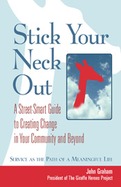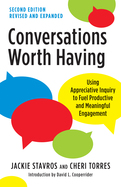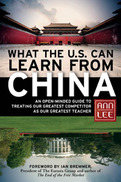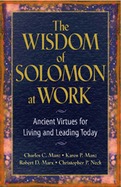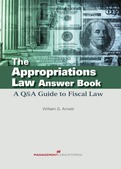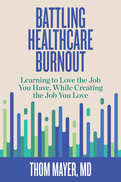2005
As President of the Giraffe Heroes Project, which since 1982 has been recognizing people who "stick their necks out for the common good," John Graham has seen what hundreds of average citizens around the world have done to bring about constructive change. He's drawn on their experiences, his own as a veteran environmental activist, and that of a hand-picked group of seasoned activists to produce an accessible, eminently practical, inspiring guide on how to work effectively for change in any environment.
Stick Your Neck Out covers every aspect of working for change, from choosing an issue to mapping out a strategy, getting a team together, building alliances, working with the media, and more. Each chapter contains a series of practical tips as well as inspiring examples of real people--artists, truck drivers, doctors, waitresses, and others--who have made a difference on issues like poverty, racism, gang violence, environmental pollution, and many more.
Everything in this book has been honed and practiced; nothing is untested theory. This is a comprehensive guide to the skills, qualities, and strategies you need to make a difference on any issue. But it's also about becoming fully alive--about the meaning and passion you can add to your own life by getting involved. Active citizenship and personal growth are linked. The information in this book can change your world--and it can change your life.
We know that conversations influence us, but we rarely stop to think about how much impact they have on our well-being and ability to thrive. This book is the first to show how Appreciative Inquiry—a widely used change method that focuses on identifying what's working and building on it rather than just trying to fix what's broken—can help us communicate more effectively and flourish in all areas of our lives.
By focusing on what we want to happen instead of what we want to avoid and asking questions to deepen understanding and increase possibilities, we expand creativity, improve productivity, and unleash potential at work and home. Jackie Stavros and Cheri Torres use real-life examples to illustrate how these two practices and the principles that underlie them foster connection, innovation, and success.
This edition has been revised throughout with new examples; updates on the latest supporting research in neuroscience, positive science, and positive psychology; and a discussion guide. It also features a new chapter on what the authors call tuning in: cultivating awareness of how our physical and mental state affect our perceptions, emotions, and thoughts as we engage in conversation.
This book teaches you how to use the practices and principles of Appreciative Inquiry to strengthen relationships, build effective teams, and generate possibilities for a future that works for everyone.
The Wisdom of Solomon at Work offers stories about work and relationships that inspire us to look beyond ourselves as we serve and lead. Delving into that deep quarry of ageless truths, the Hebrew Bible (Old Testament), the authors open up a rich source of experience, insight, and wisdom that can be used to help us cope with the problems of modern life.
The dramatic stories of Job, Moses, Ruth, David, and Solomon contain universal lessons that everyone-regardless of their faith heritage-can appreciate and use to find wisdom to work and live by. The authors explore the dilemmas faced by these extraordinary figures, discuss how they resolved them, and then apply the same principles to a variety of specific contemporary problems. The authors use examples of people from all walks of life, both well-known and unknown, to show how the virtues taught in the Old Testament can be applied in our lives today.
The Wisdom of Solomon at Work illuminates the abiding virtues-faith, courage, compassion, integrity, and justice-that then and now equip us to meet life's challenges. It illustrates how spiritual wisdom can be woven into the fabric of everyday life, informing and improving everything we do.
- Provides a fresh, contemporary perspective on the timeless wisdom of the Old Testament
- Uses personal stories to show how people today are reconciling spiritual values with the pressures of modern life
- Shows that wisdom is something which can be cultivated by everyone
- By the author of the bestselling Leadership Wisdom of Jesus
Burnout is among the most critical topics in healthcare as it deprives us of our most important resource—the talents and passion of those who perform the difficult work of caring for patients and their families. The purpose of this book is to provide not only a taxonomy of burnout within the landscape of healthcare but also to provide pathways for healthcare professionals to guide themselves and their organizations toward changing the culture and systems of their organization.
The work of battling burnout begins from within. Thom Mayer views every healthcare team member as both a leader and performance athlete, engaged in a cycle of performance, training, and recovery. In these roles, they must both lead and protect themselves and their teams.
Battling Healthcare Burnout looks at individuals' role in promoting change within themselves and their organization and addresses solutions to change the culture and systems of work. Both are presented with a pragmatic focusand a liberal use of examples and case studies, including those from several nationally recognized healthcare systems.


